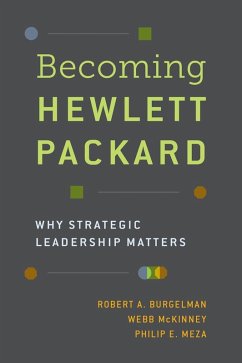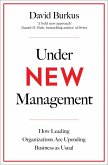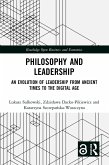Bill Hewlett and Dave Packard invented the model of the Silicon Valley start-up and set in motion a process of corporate becoming that made it possible for HP to transform itself six times over the 77 years since its founding in the face of sweeping technological changes that felled most of its competitors over the years. Today, HP is in the throes of a seventh transformation to secure its continued survival by splitting in two independent companies: HP Inc. and Hewlett Packard Enterprise. Based on extensive primary research conducted over more than 15 years, this book documents the differential contribution of HP's successive CEOs in sustaining the company's integral process of becoming. It uses a comprehensive strategic leadership framework to examine and explain the role of the CEO: (1) defining and executing the key tasks of strategic leadership, and (2) developing four key elements of the company's strategic leadership capability. The study of the strategic leadership of HP's successive CEOs revealed the paradox of corporate becoming, the existential situation facing successive CEOs (that justifies the book's empathic approach), and the importance of the CEO's ability to harness the company's past while also driving its future. Building on these novel insights, the book shows how the frameworks used to conceptualize the tasks of strategic leadership and the development of strategic leadership capability can serve as steps toward a dynamic theory of strategic leadership that animates an evolutionary framework of corporate becoming. This framework will be helpful for further theory development about strategic leadership and also offers practical tools for founders of new companies and CEOs and boards of directors of existing companies who intend to create, run or oversee companies built for continued relevance, longevity and greatness.
Dieser Download kann aus rechtlichen Gründen nur mit Rechnungsadresse in A, B, BG, CY, CZ, D, DK, EW, E, FIN, F, GR, HR, H, IRL, I, LT, L, LR, M, NL, PL, P, R, S, SLO, SK ausgeliefert werden.









